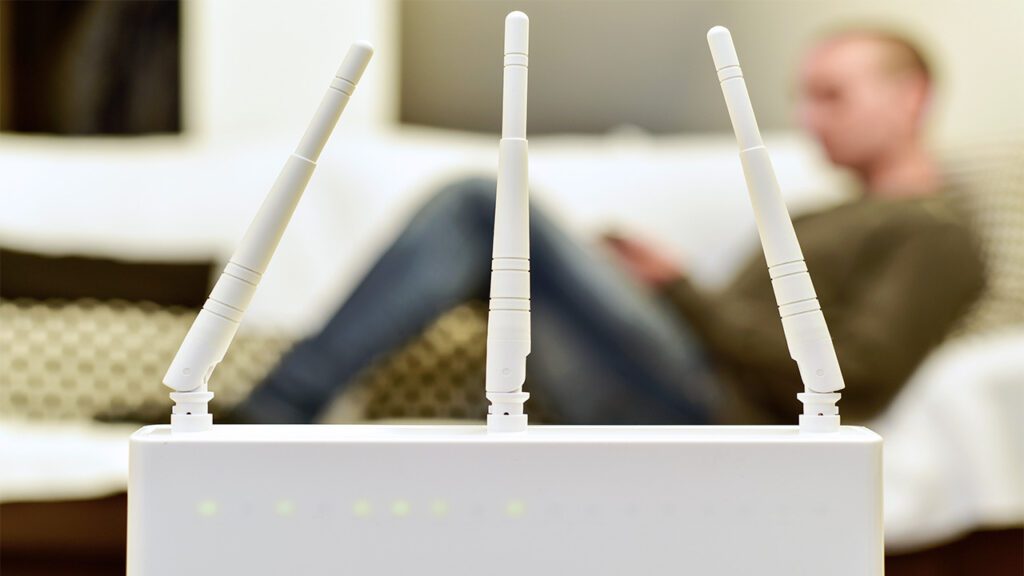Anxiety is a feeling of excessive worry, nervousness, fear or unease. Everyone suffers from this occasionally, but imagine being anxious so often that it affects your ability to function in everyday life.
This is a common reality for those suffering from anxiety disorders. Anxiety disorders are more prevalent than you might think. In the US alone, 18.1% of the population suffer from them every year.
Some symptoms of anxiety are:
- Feeling of danger, panic or doom
- Rapid heart rate
- Rapid breathing
- Excessive sweating
- Trembling or shaking
- Trouble concentrating or thinking
- Issues with digestion
- Wanting to avoid the source of your anxiety
There are different types of anxiety disorder, each with a different trigger. You can be affected by more than one at once, as well as depression. Almost half of the people diagnosed with depression are also diagnosed with an anxiety disorder.
Luckily, anxiety disorders can be treated. If you’re concerned about your mental health, speak to a doctor as they can offer you treatment and advice.
Read on to learn about some of the most common anxiety disorders and their triggers.
Obsessive Compulsive Disorder (OCD)
People with OCD have frequent obsessive thoughts and compulsive behaviours. The different types of OCD include:
- Checking
- Contamination
- Symmetry and ordering
- Intrusive thoughts
- Hoarding
The object of obsession and the sufferer’s compulsive behaviour depends on the type of OCD.
Someone with contamination OCD may frequently wash their hands, while someone with checking OCD might repeatedly make sure a door is locked.
Speak to your doctor if you think OCD may be affecting your life.
Social Anxiety Disorder
People who have social anxiety dread everyday activities such as starting conversations and fear being criticised.
While it’s common to worry about certain social situations, someone with social anxiety will likely feel excessive anxiety before, during and after the occasion.
If you feel social anxiety may be interfering with your everyday life, make an appointment with your doctor.
Generalised Anxiety Disorder
Generalised anxiety disorder is when you feel anxious about many different things, rather than something specific. Once one worry is resolved, it’s often replaced by another. You may not always know the exact cause of your anxiety.
Speak to your doctor if you feel generalised anxiety disorder has been affecting your life. You’re more likely to be diagnosed with the condition if your symptoms have lasted for 6 months or more.
Post Traumatic Stress Disorder (PTSD)
PTSD is caused by traumatic, stressful or frightening events. Some potential causes of PTSD include road accidents, natural disasters and military combat. Someone with PTSD may experience nightmares and flashbacks to the event.
They can also harbour feelings of isolation, guilt, and irritability. Sleeping problems, like insomnia, can further impair their daily lives. If you feel you may be suffering from PTSD, contact your doctor.
Panic Disorder
People with panic disorder experience recurring panic attacks. Panic attacks are sudden episodes of intense fear.
You may also have physical symptoms, including:
- Difficulty breathing
- Palpitations
- Excessive sweating
- Shaking
These symptoms can be very scary and you might not realise they’re caused by anxiety. See your doctor if you feel panic disorder may be affecting your life.
Conclusion
It can be normal to feel worried, nervous or uneasy in certain situations, but if you find yourself constantly struggling with these feelings, you may be suffering from an anxiety disorder.
This anxiety may have a specific trigger, or occur more generally in your everyday life, as with generalised anxiety disorder.















